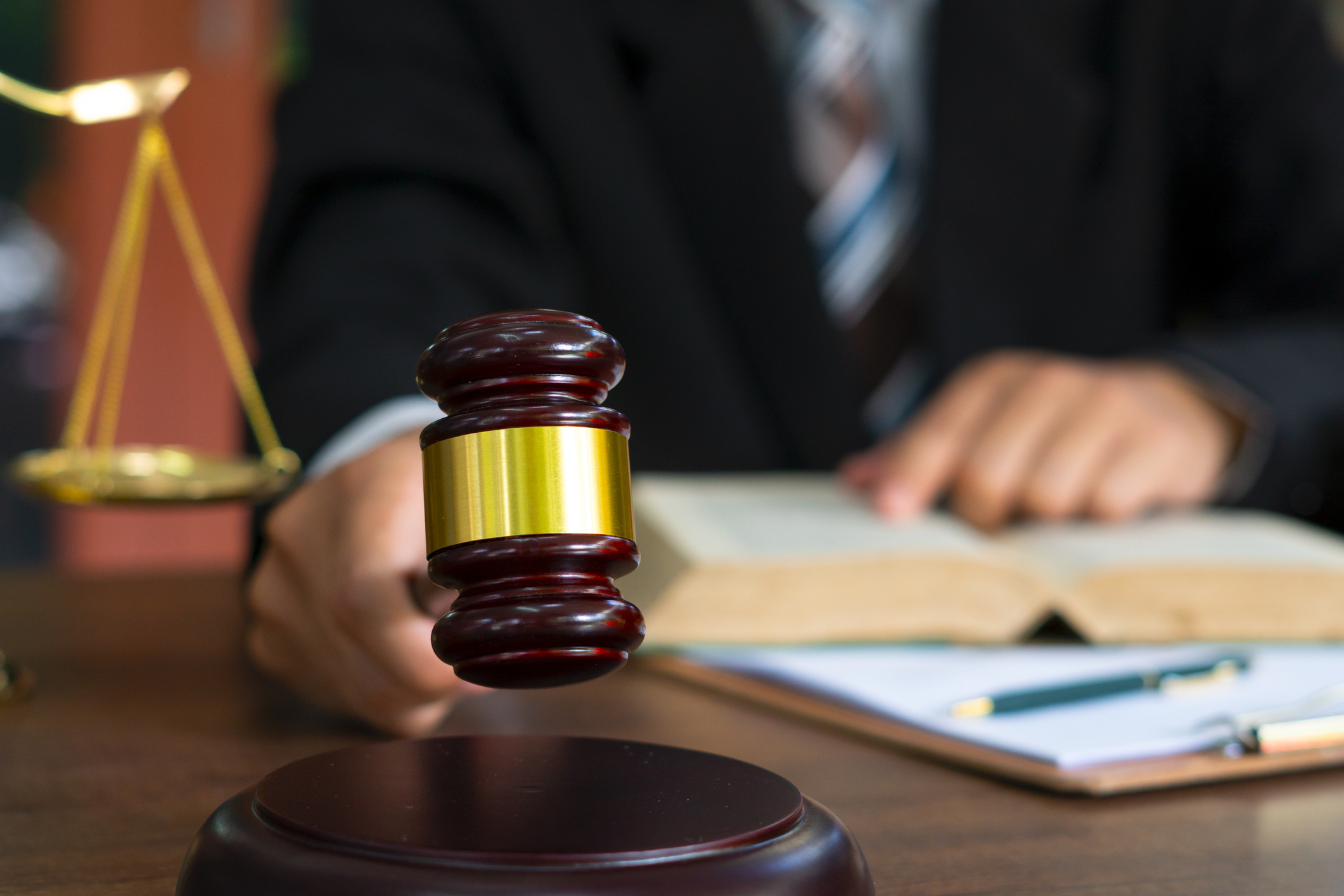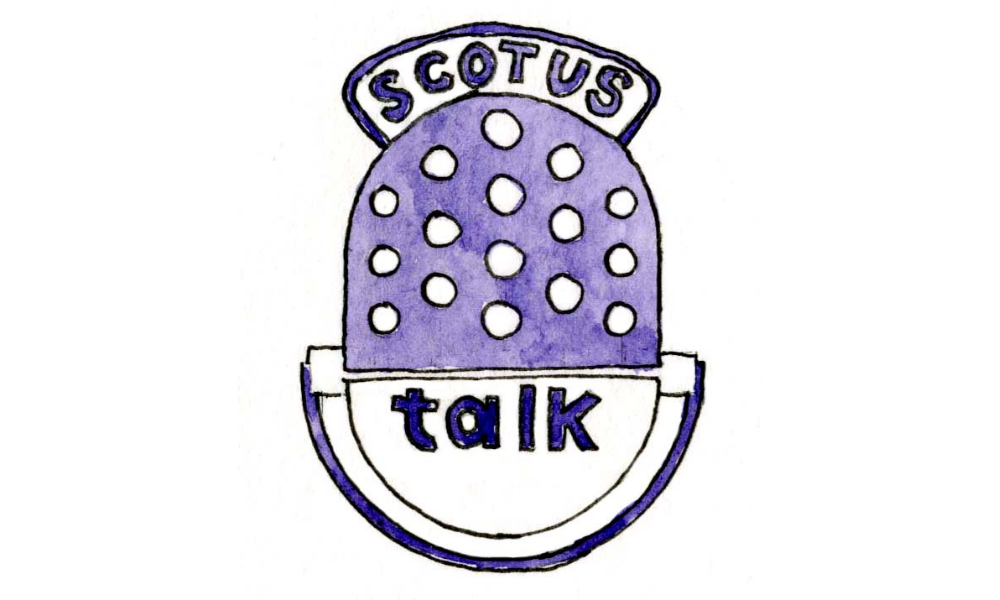What is an Adversarial Proceeding in a Bankruptcy
An adversarial proceeding in bankruptcy is a legal dispute that arises within the context of a bankruptcy case. Adversarial proceedings can be initiated by the bankruptcy trustee, a creditor, or the debtor, and are typically resolved through a trial or a hearing before the bankruptcy court.
Some common examples of adversarial proceedings in a Prattville bankruptcy include:
- Objection to discharge: A creditor can object to the debtor’s discharge (the legal release of the debtor from personal liability for certain debts) if they believe that the debtor has engaged in fraud, lied on their bankruptcy petition, or violated their fiduciary duty. If the creditor’s objection is successful, the debtor may not be granted a discharge, and may still be liable for the disputed debts.
- Objection to exemptions: The debtor is entitled to claim certain exemptions to protect their assets from being sold by the bankruptcy trustee. However, the trustee or a creditor can object to the debtor’s exemptions if they believe that the exemptions are being claimed improperly. If the objection is successful, the debtor may be required to turn over the disputed assets to the bankruptcy estate.
- Objection to confirmation of a Chapter 13 plan: In a Chapter 13 bankruptcy, the debtor proposes a repayment plan to pay their debts over a period of three to five years. The trustee or a creditor can object to the debtor’s repayment plan if they believe that it is not feasible or does not meet the requirements of the bankruptcy code. If the objection is successful, the debtor may be required to modify their repayment plan.
- Objection to confirmation of a Chapter 11 plan: In a Chapter 11 bankruptcy, the debtor proposes a plan to reorganize their debts and assets. The trustee or a creditor can object to the debtor’s plan if they believe that it is not fair or feasible. If the objection is successful, the debtor may be required to modify their plan.
- Fraudulent conveyance action: If the debtor transferred assets to another person or entity for less than the fair value within two years of the bankruptcy filing, the trustee may be able to recover the assets for the benefit of the bankruptcy estate through a fraudulent conveyance action.
- Preference action: If the debtor made a payment to a creditor within 90 days of the bankruptcy filing that gave the creditor a more favorable treatment than other creditors, the trustee may be able to recover the payment for the benefit of the bankruptcy estate through a preference action.
- Adversary proceeding to determine the dischargeability of a debt: A creditor can file an adversary proceeding to determine whether a particular debt is dischargeable (able to be eliminated in bankruptcy) or non-dischargeable (not able to be eliminated in bankruptcy). Non-dischargeable debts include certain taxes, student loans, and child support obligations.
Adversarial proceedings can be complex and time-consuming and are typically resolved through a trial or a hearing before the bankruptcy court. The outcome of an adversarial proceeding can have significant consequences for the parties involved, and it is important to have a Montgomery bankruptcy lawyer to protect your interests.
Attorney Steven A. Harris regularly blogs in the areas of family law, bankruptcy, probate, and real estate closings on this website. Mr. Harris tries to provide informative information to the public in easily digestible formats. Hopefully you enjoyed this article and feel free to supply feedback. We appreciate our readers & love to hear from you!
Sharing is caring:







